Social media has a significant effect on student’s mental health when talked about in school and the stigma and seriousness of mental health. ABC news mentions the addiction of social media and the issue that has caused 42 states to sue Meta claiming they have been intentionally designing apps like Instagram and Facebook to be harmful and addicting to teens and young children. Because of this issue, teachers in schools have been taking phones and trying to get students more focused and off social media and recognize the negative effects of social media and phone addiction.
Apps such as Instagram, Facebook and other social media platforms cause students and teens to rely on the apps for their form of communication and can be easily influenced and not look at real reality. It can increase stress anxiety and depression and has a very negative impact on mental health in all ages. Using these apps can also affect federal privacy laws and cyber bullying is always a factor in social media apps like Instagram and can cause major harm to mental health in teens.
“From a social media lens, there is an impact that they’re seeing right now in terms of the brain and how it gets developed and the chemicals, and they are seeing it have an impact on the brain development. They are seeing it have an impact on students’ ability to connect with other peers and seeing connections with impacting their prefrontal cortex;” counselor Sydney Piras when she talked about the effects of social media. Social media is harmful to students and how they interact and engage in class and in the lens of mental health their can be serious consequences within being addicted to their phone or social media.
“I believe that it helps decrease the stigma and creates awareness amongst the students and hopefully lowers people’s worries about coming forward and talking about mental health in a positive way,” health teacher Ellie Berg said when talking about student effects of talking about mental health reducing the stigma and educating students on mental health . Talking about mental health in school can really help students grow and destigmatize and think of mental health in a positive way not just the negative
Most people think that all social media is negative but there is positive things that go into social media Grace Connors speaks about the positive effects of social media she says “Seeing people do well for themselves on social media makes you want to do better for yourself and motivates you to do something better and I think that’s a really good thing that social media can do”
The phone policy is a great way to help students stay off their phone and get a break from social media during school hours. It also helps student’s mental health having time off social media and phones. Mental health’s impact on students is greatly significant and it has not been recognized as much as it should be the stigma of mental health needs to be addressed more and people need to take mental disorders and student mental health more seriously.


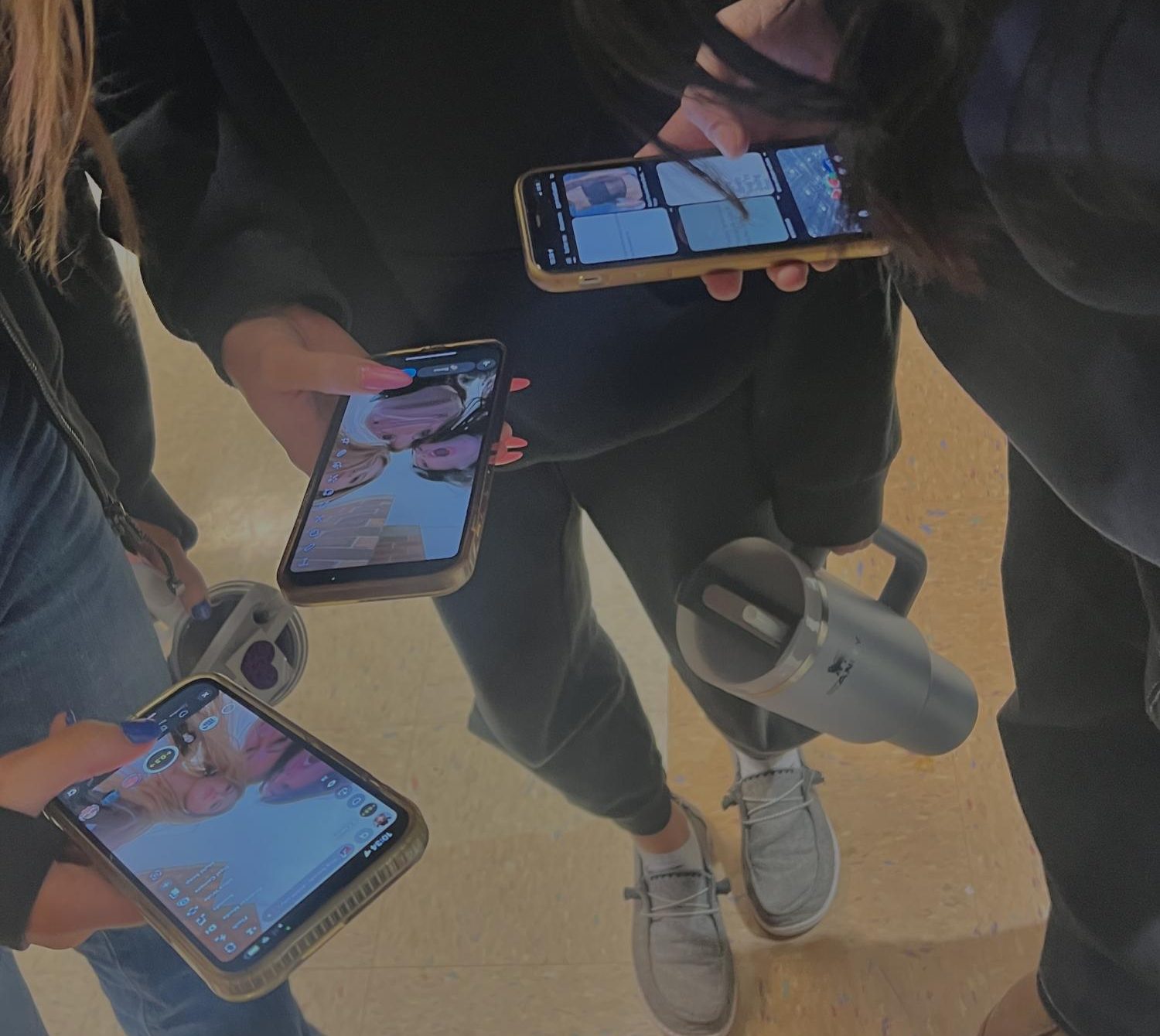
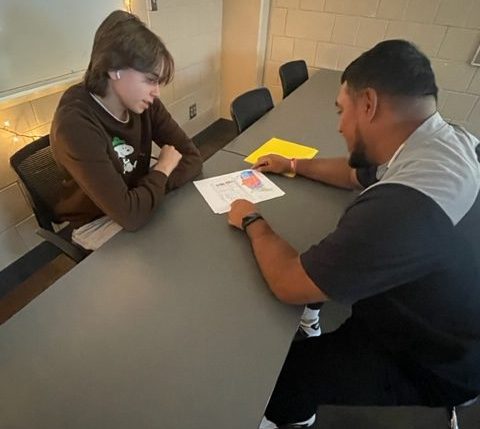





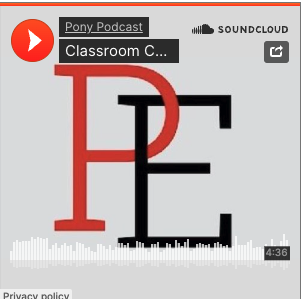



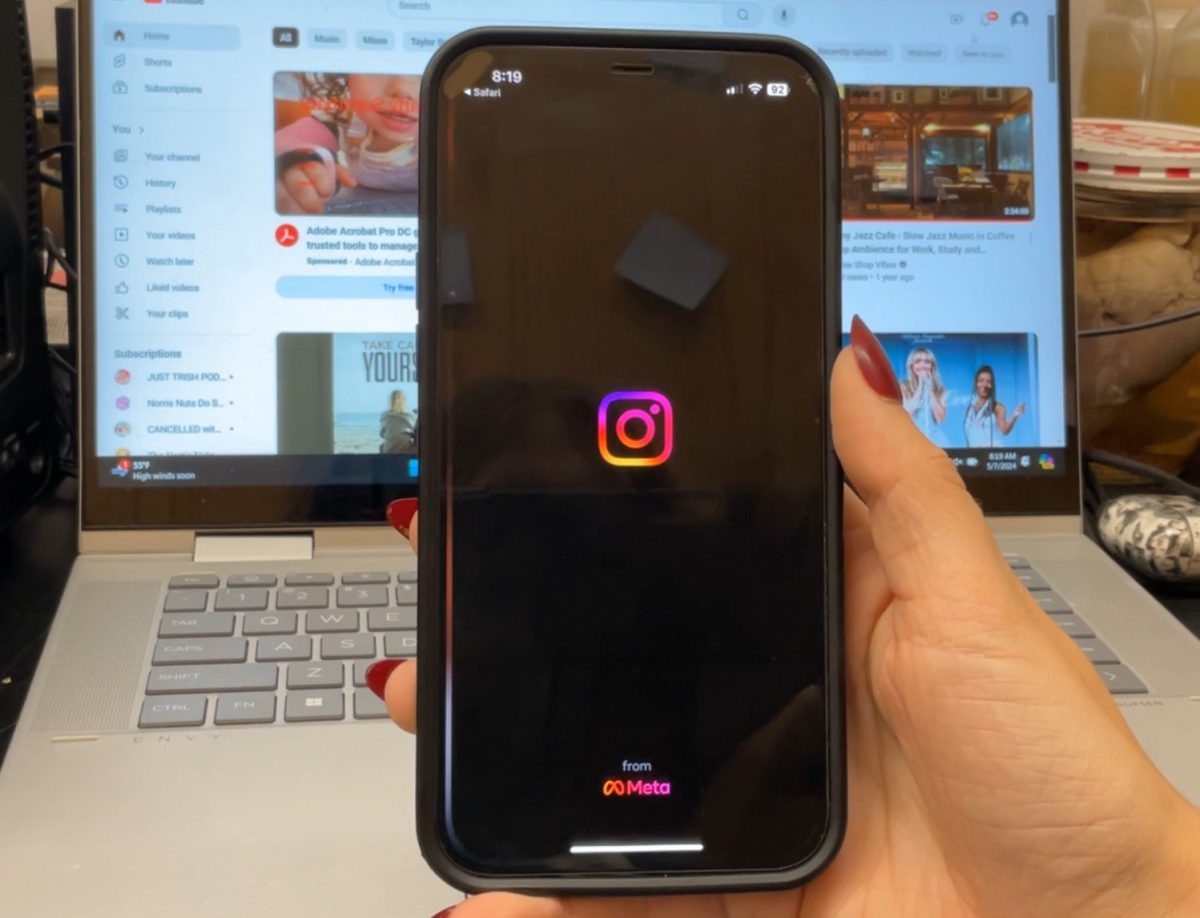
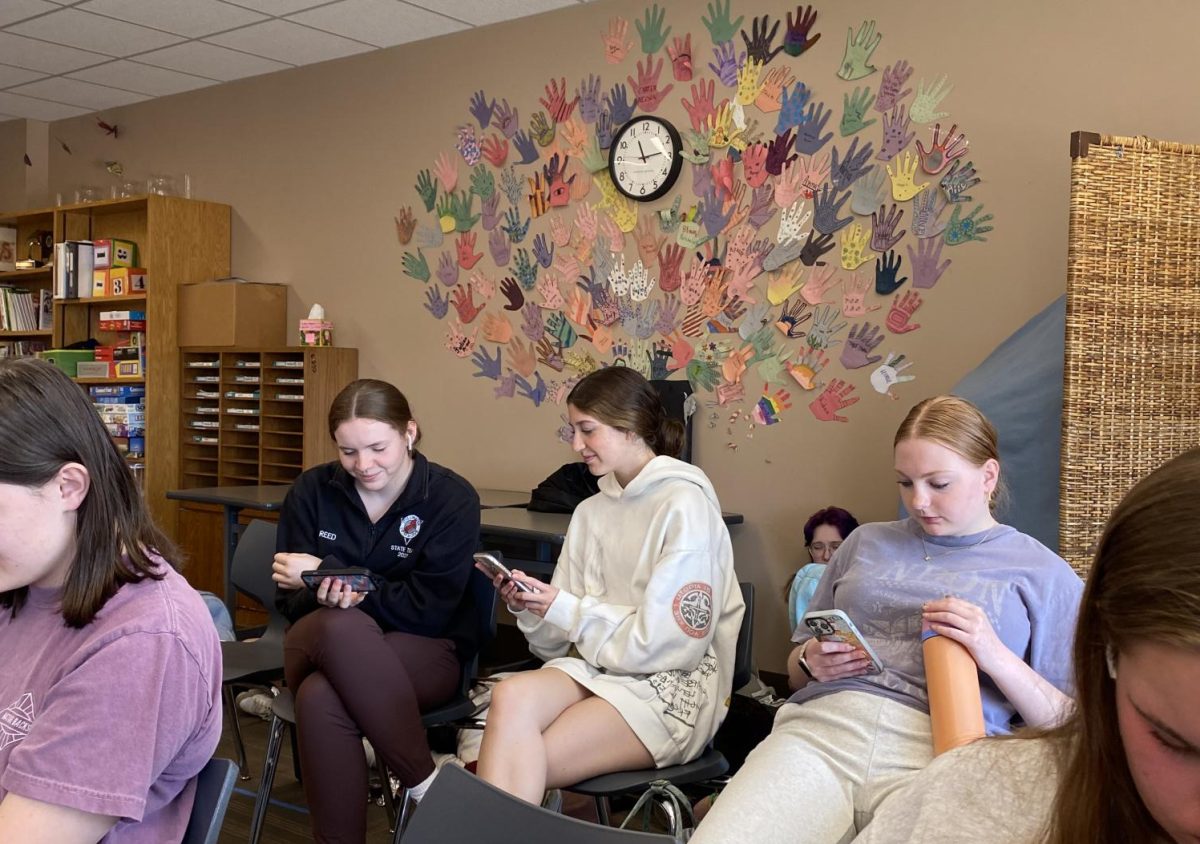
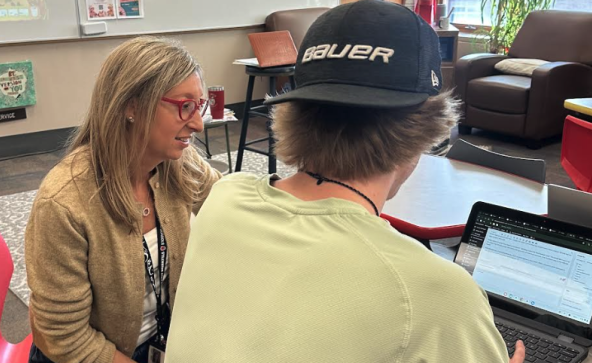


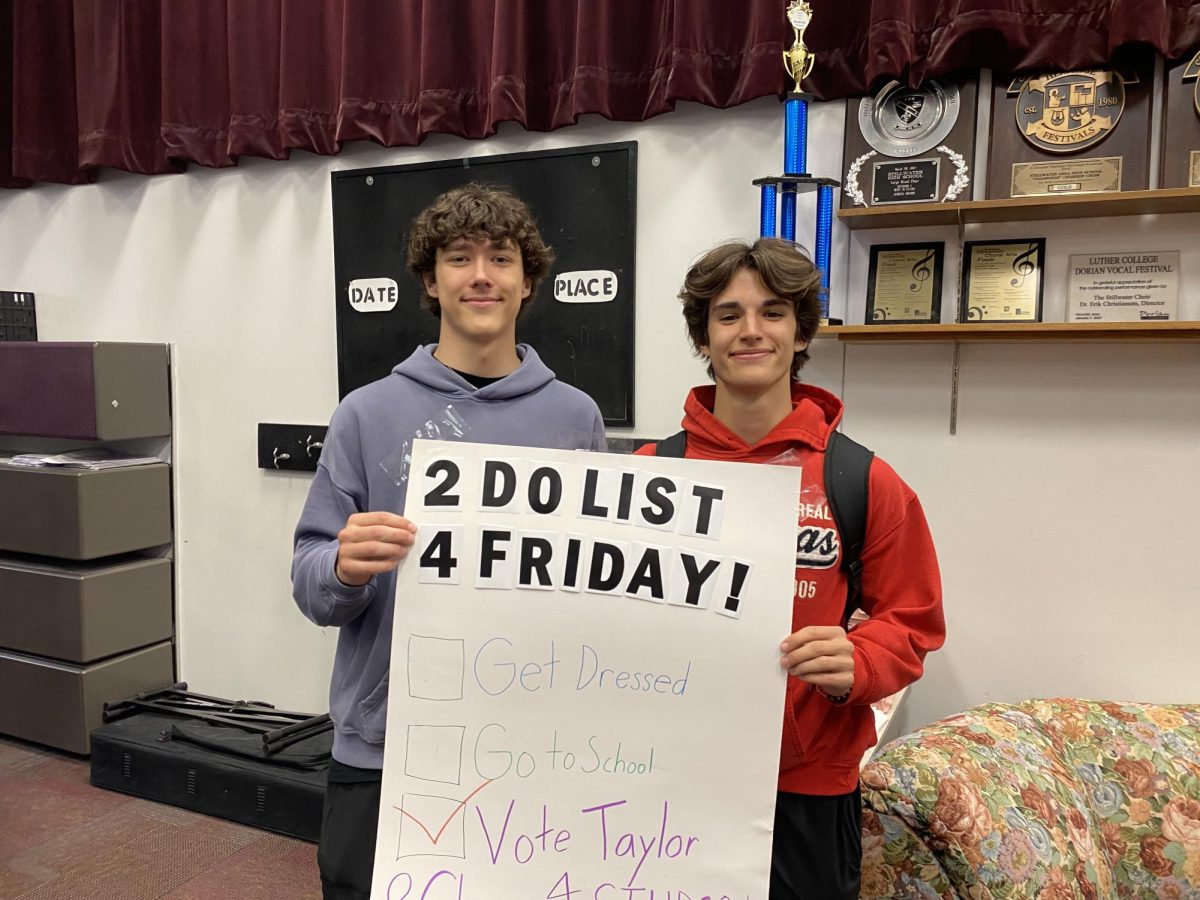

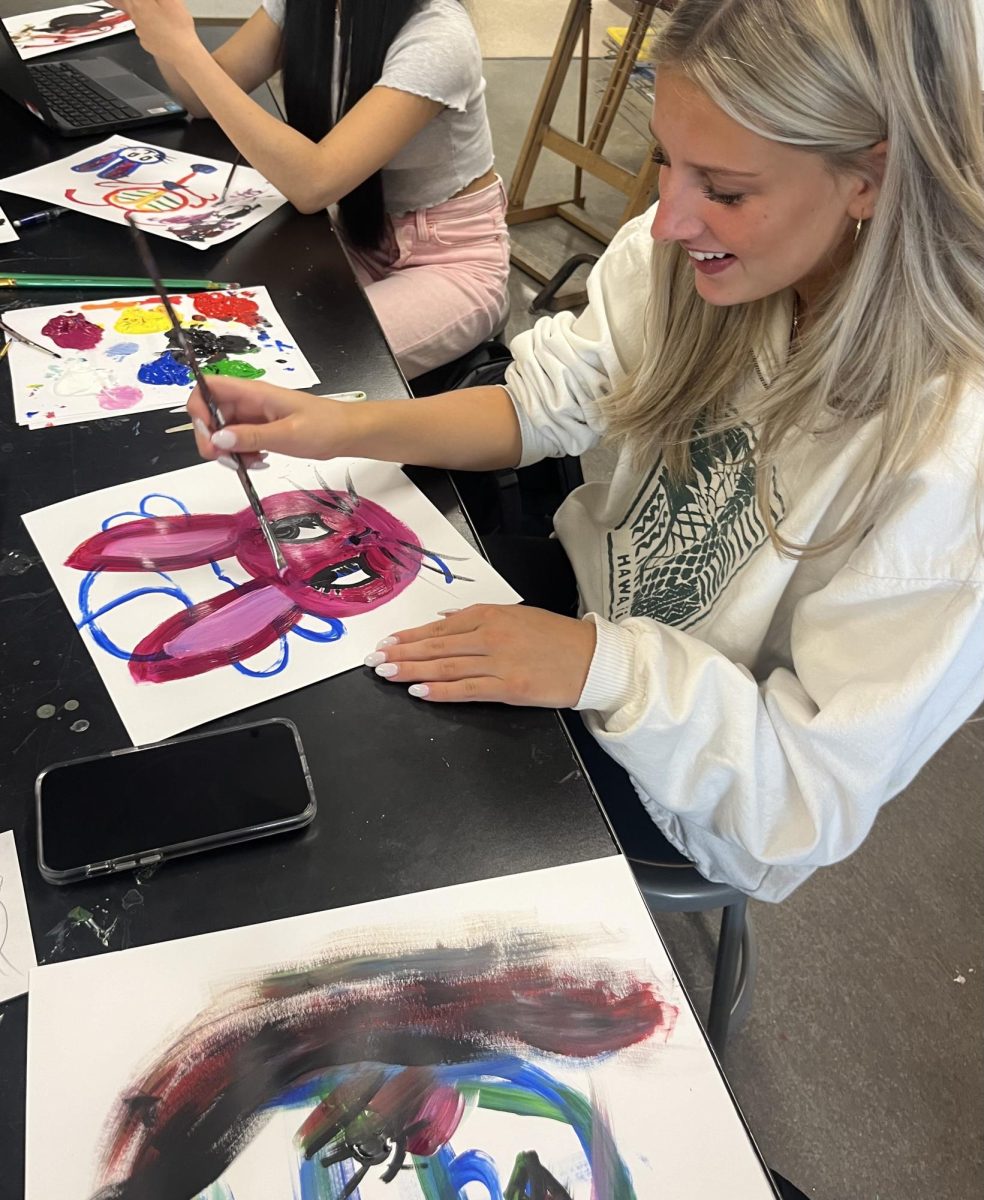
Alison Keeler • Feb 6, 2024 at 7:58 am
This article grabbed my attention because I agree with the opinion in the story. I do believe that social media has had a significant effect on students mental health and it has taken time away from students focus on school and just real life in general. The detail and compelling quotes in this story made the reading worth while and it taught me some new things about how social media affects students.